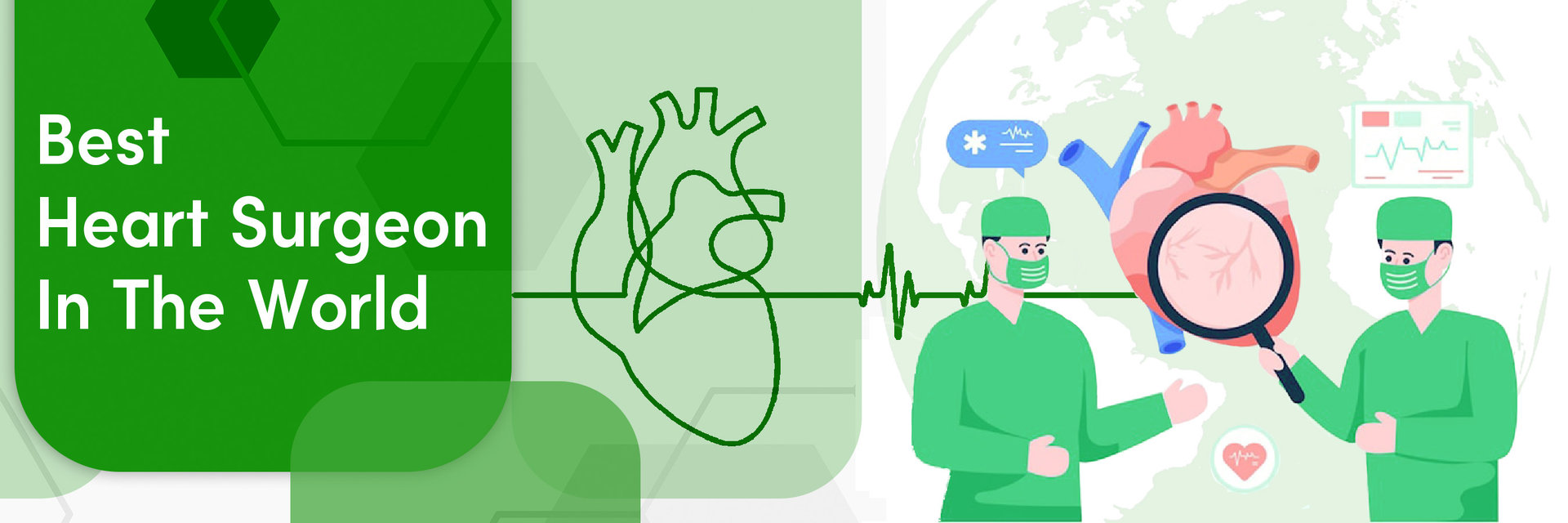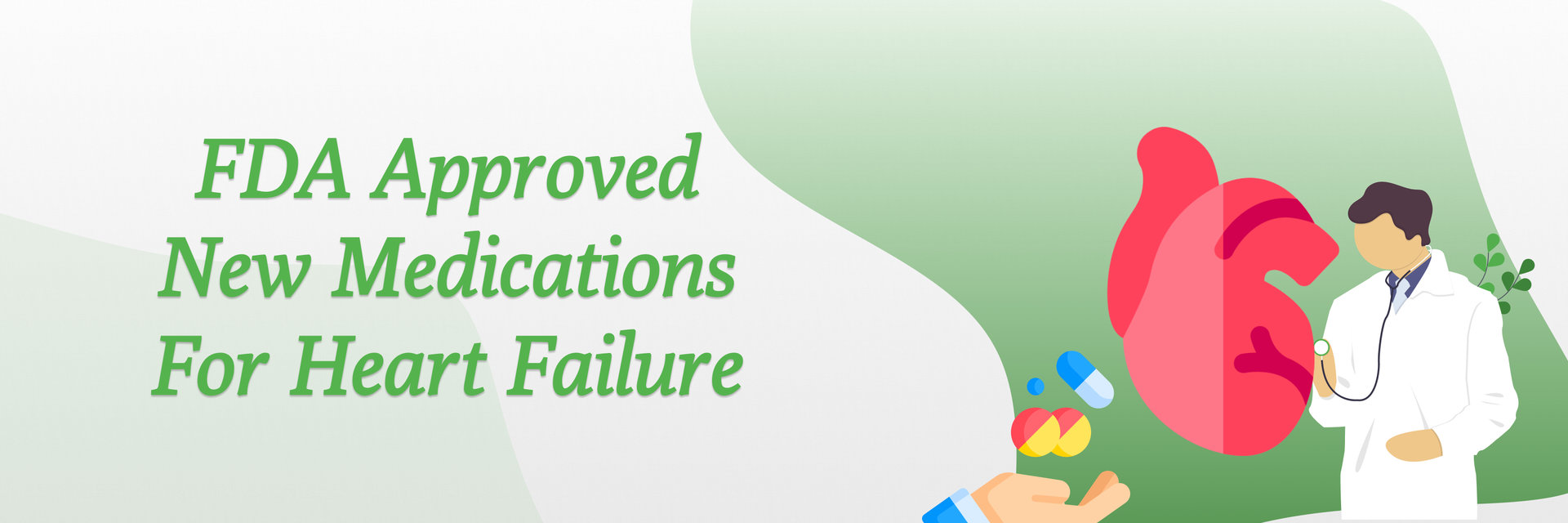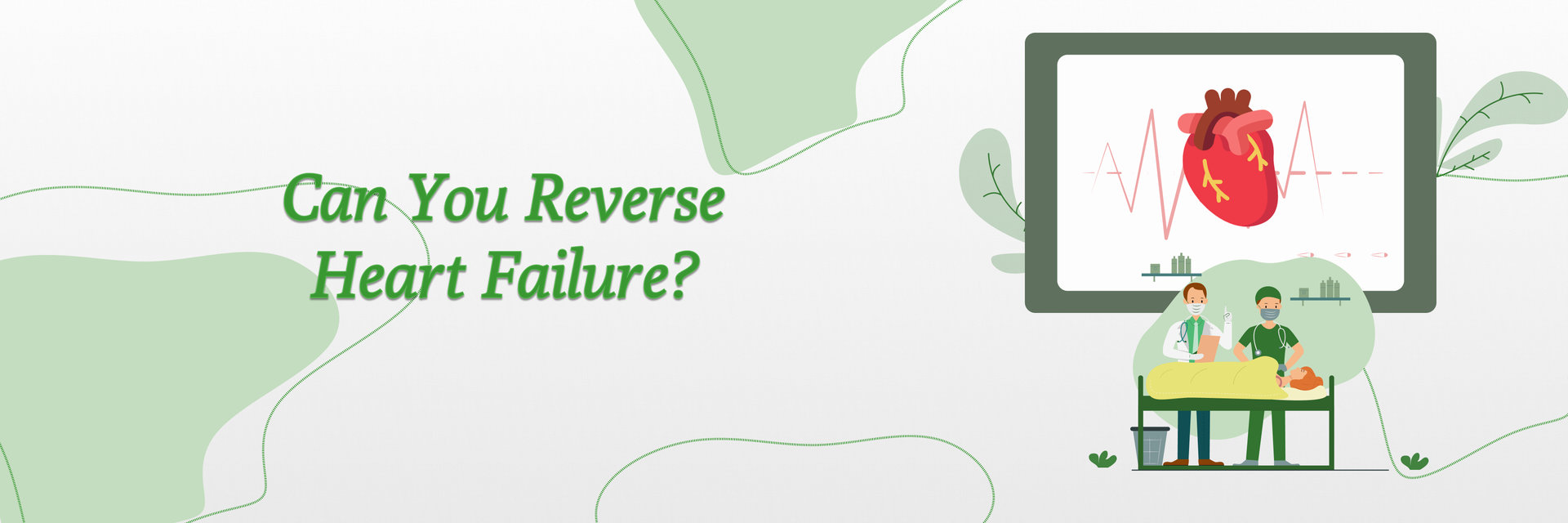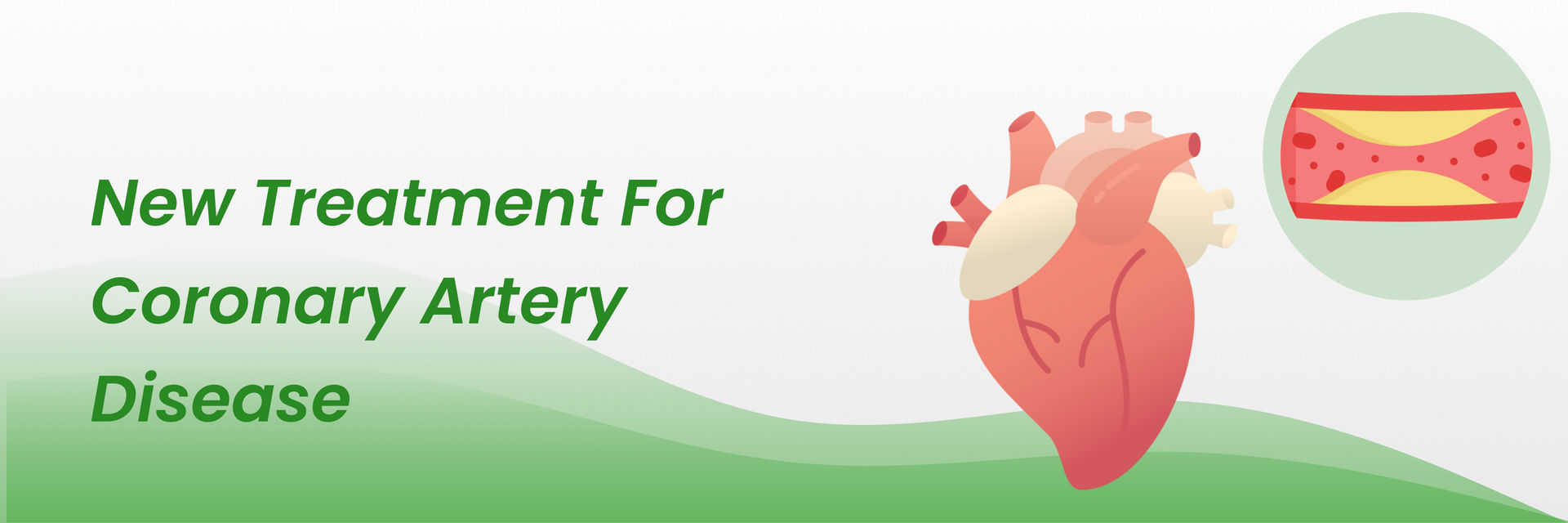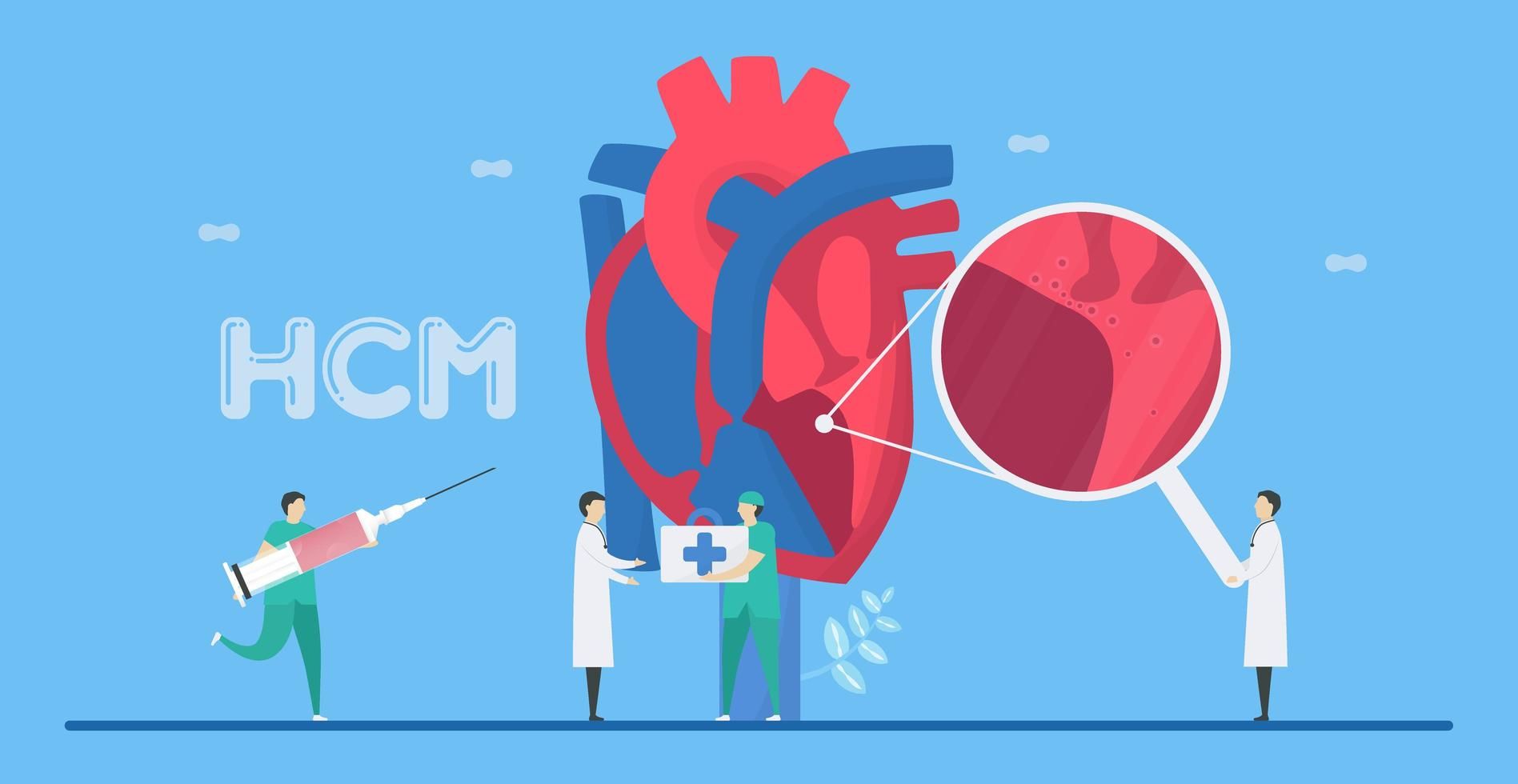Overview
Did you know that your heart could impact your memory? Congestive Heart Failure (CHF) occurs when the heart struggles to pump blood effectively. Shockingly, it affects over 64 million people worldwide. Yet, many don't realize that this heart condition can also lead to memory problems. Understanding this connection is crucial for maintaining both heart and brain health.
Let's explore how CHF can affect your memory and what you can do about it.
What is Congestive Heart Failure?
Congestive Heart Failure (CHF) happens when your heart can't pump blood the way it should. This doesn't mean the heart stops; rather, it struggles to supply the body with enough blood, causing symptoms like tiredness, shortness of breath, and swelling in the legs and ankles.
Here's why it might happen:
Common causes include high blood pressure, coronary artery disease (where your heart's arteries get clogged), past heart attacks that damage the heart muscle, and conditions like diabetes or obesity. Lifestyle factors like smoking and a diet high in fats and salt can also raise your risk.
If you are a cardiac patient worried about its effects on your overall health, contact the best cardiologists in India and get all your questions answered by the experts.
Understanding Memory Loss
Memory loss isn't about forgetting where you put your keys. It involves significant difficulty recalling past events, information, or experiences that you usually remember. This can disrupt daily activities and reduce quality of life.
Memory loss affects different types of memory:
- Short-term memory holds new information, like remembering a phone number long enough to dial it.
- Long-term memory involves storing information, such as personal histories or learned skills, over longer periods.
Memory loss can impact either or both types, making everyday tasks challenging.
Have you ever wondered why heart trouble can affect your memory?
Mechanisms Impacting Memory in CHF Patients
Congestive Heart Failure (CHF) isn't about the heart—it can also have significant effects on brain function, including memory. Several mechanisms come into play, influencing cognitive abilities in CHF patients.
Reduced Blood Flow to the Brain: CHF weakens the heart's pumping ability, reducing blood flow to the brain. This starves brain cells of oxygen, affecting memory and thinking.
Effects of Chronic Illness: CHF often comes with other health issues like high blood pressure and diabetes, worsening memory problems.
Medication Impacts: Some CHF medications can cause confusion or memory issues as side effects.
According to the European Heart Journal, over 40% of patients with chronic heart failure show signs and symptoms of cognitive impairment, including memory loss, concentration difficulties, and attention deficits. These cognitive issues are not only prevalent but also contribute to a poorer prognosis for those affected.
Studies have shown that on MRI, patients with heart failure have a significantly higher risk for brain changes associated with cognitive decline. Specifically, there is an 11.09 times greater risk for medial temporal lobe atrophy, a 2.7 times greater risk for silent lacunes, and a 3.54 times greater risk for silent brain infarctions. These brain changes can directly impact cognitive functions, including memory.
Understanding these mechanisms is crucial for managing both heart health and cognitive function in CHF patients.
Let's delve deeper into how these factors influence memory in individuals with CHF.
Understand more about Congestive Heart Failure from our experts – schedule your appointment now.
Symptoms and Signs
Are you noticing changes in memory?
It could be more than forgetfulness. In individuals with Congestive Heart Failure (CHF), memory loss can be a symptom that affects daily life. Recognizing the signs and knowing when to seek medical advice is essential for proper management.
Indicators of memory loss in CHF patients:
- Forgetfulness: Difficulty remembering recent events, appointments, or important information.
- Confusion: Feeling disoriented or having trouble understanding instructions or conversations.
- Difficulty Concentrating: Struggling to focus on tasks or follow through with plans.
- Misplacing Items: losing track of belongings or forgetting where they were placed.
When to Seek Medical Advice:
Persistent Symptoms: If memory problems stick around or worsen over time, even after trying to improve memory.
Interference with Daily Life: When memory loss starts getting in the way of everyday tasks like work, socializing, or taking care of yourself.
About Changes: If you notice sudden or big changes in memory, thinking, or behaviour.
Don't wait—early intervention is key to managing memory issues in CHF patients.
Did you know managing your heart health can also benefit your brain?
Managing CHF to Improve Cognitive Health
Congestive Heart Failure (CHF) doesn't just affect the heart—it can also impact cognitive health, including memory. Fortunately, there are ways to improve both CHF and cognitive symptoms through lifestyle changes, treatments, and healthcare interventions.
Lifestyle Changes:
- Healthy Diet: Eating foods low in saturated fats, salt, and sugar supports heart and brain health.
- Regular Exercise: Physical activity improves blood circulation and promotes brain health.
- Stress Management: Techniques like mindfulness and meditation reduce stress, benefiting heart and brain function.
- Adequate Sleep: Getting enough quality sleep allows your body and brain to rest and recharge.
Treatments:
- Medications: Taking prescribed medications for CHF symptoms can improve heart function and ease cognitive symptoms.
- Rehabilitation Programs: Cardiovascular rehab improves physical and cognitive function, including exercise and education.
- Role of Healthcare Providers:
- Comprehensive Evaluation: Healthcare providers assess and manage CHF and cognitive symptoms, developing personalized treatment plans.
- Monitoring and Follow-Up: Regular checks on heart and cognitive function, track progress, and adjust treatment as needed.
- Multidisciplinary Approach: Collaboration among healthcare professionals ensures a holistic approach to managing CHF and cognitive health.
By focusing on heart health and adopting these strategies, individuals with CHF can enhance their heart and brain function, improving overall well-being.
Conclusion
Taking care of your heart means taking care of your brain, too. Congestive Heart Failure (CHF) can impact not only your physical health but also your cognitive function, including memory. You can improve your well-being by understanding the connection between CHF and memory loss and taking proactive steps to manage both.
Remember, your health is in your hands, check your heart health, adopt a healthy lifestyle, and don't hesitate to discuss any concerns about cognitive health with your doctor. Together, we can work towards better heart and brain health for all.
References:
https://www.ncbi.nlm.nih.gov/pmc/articles/PMC4294149/

